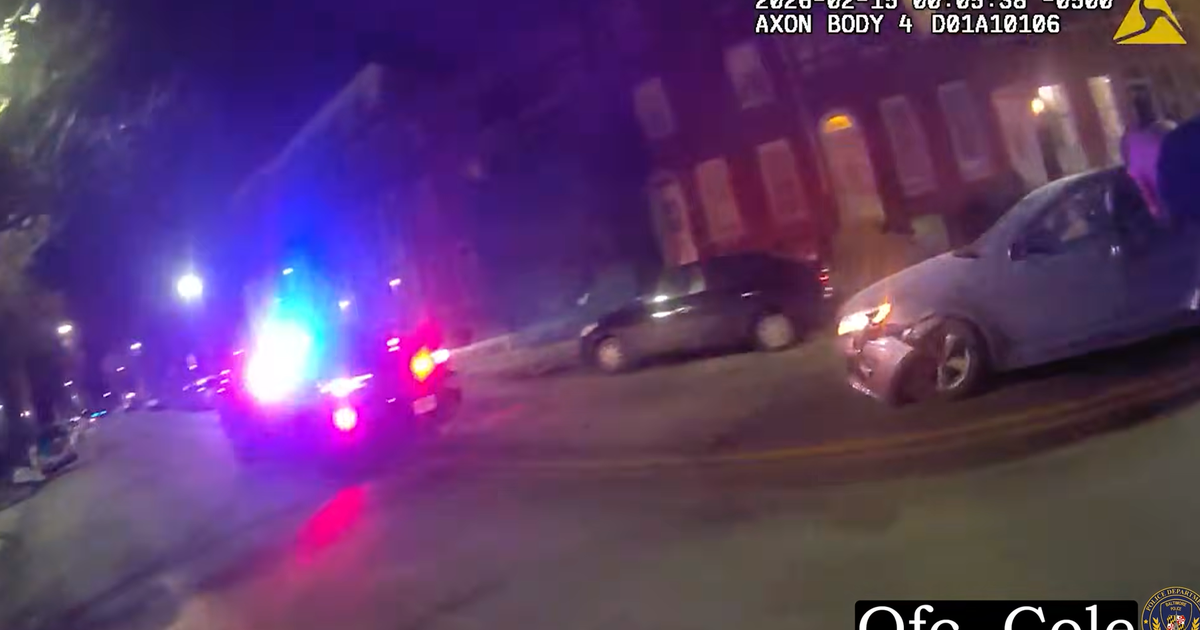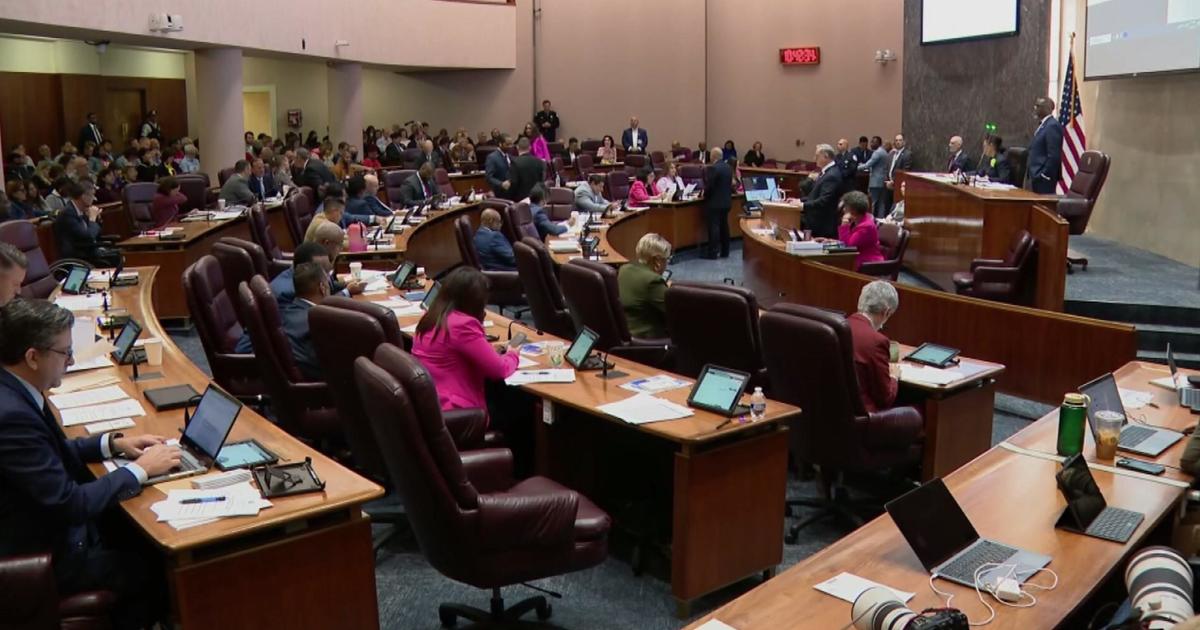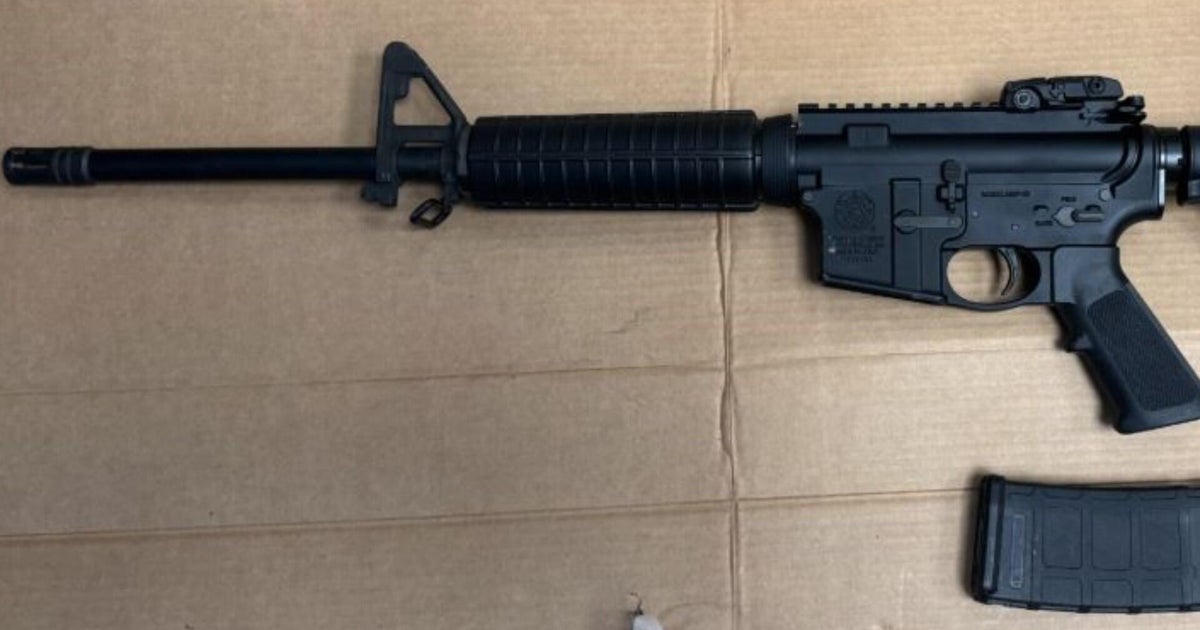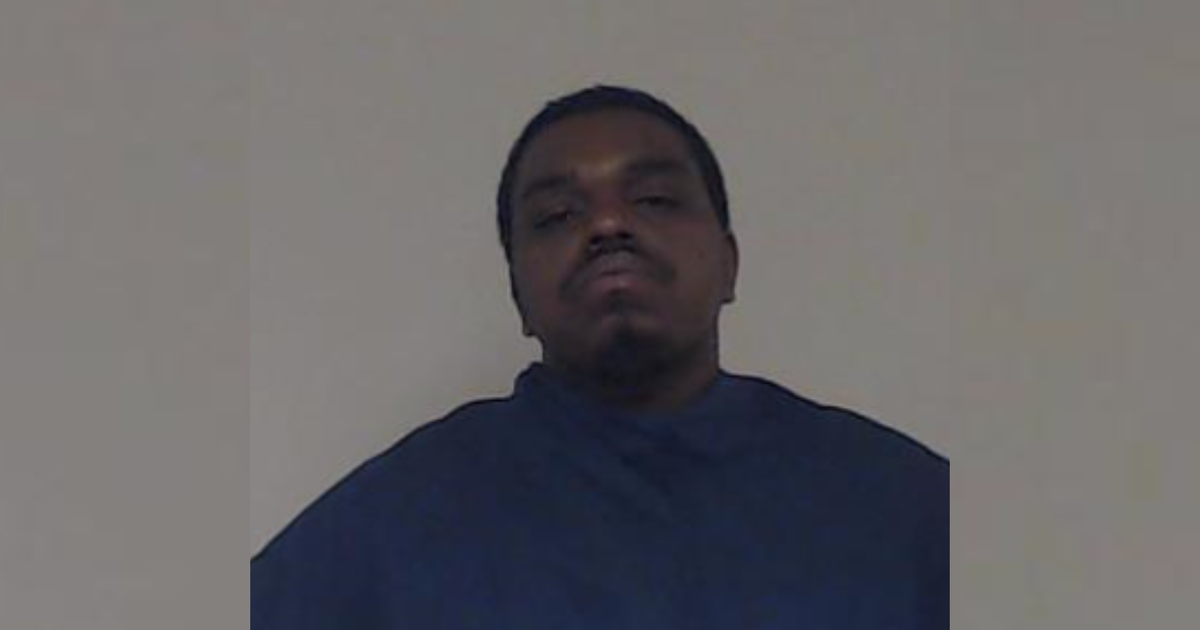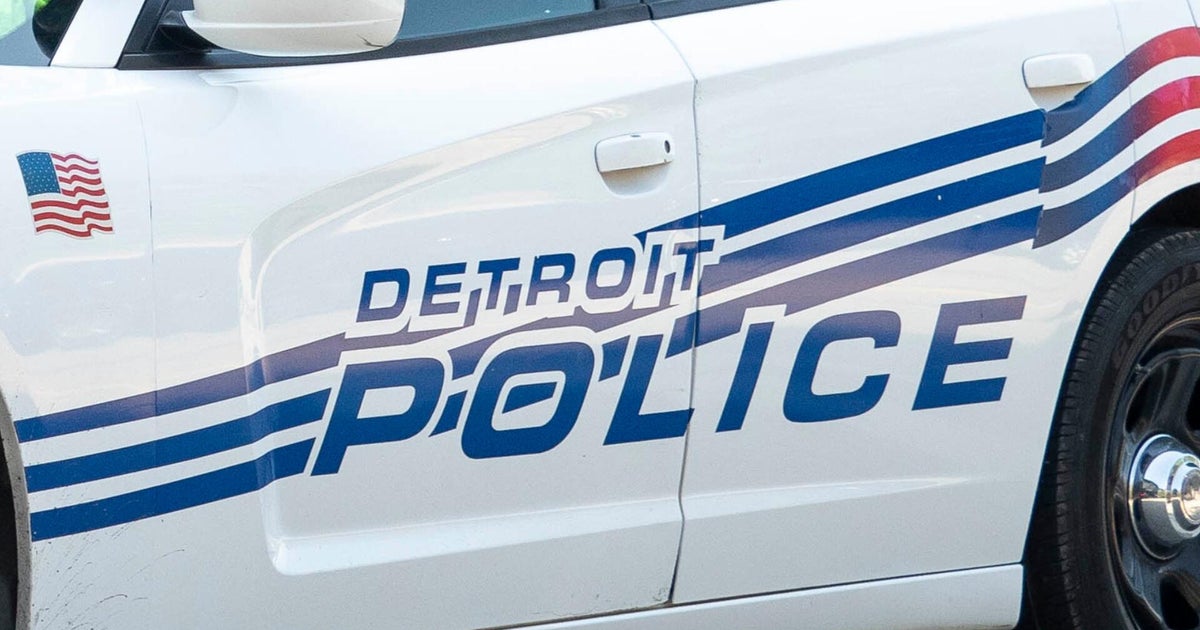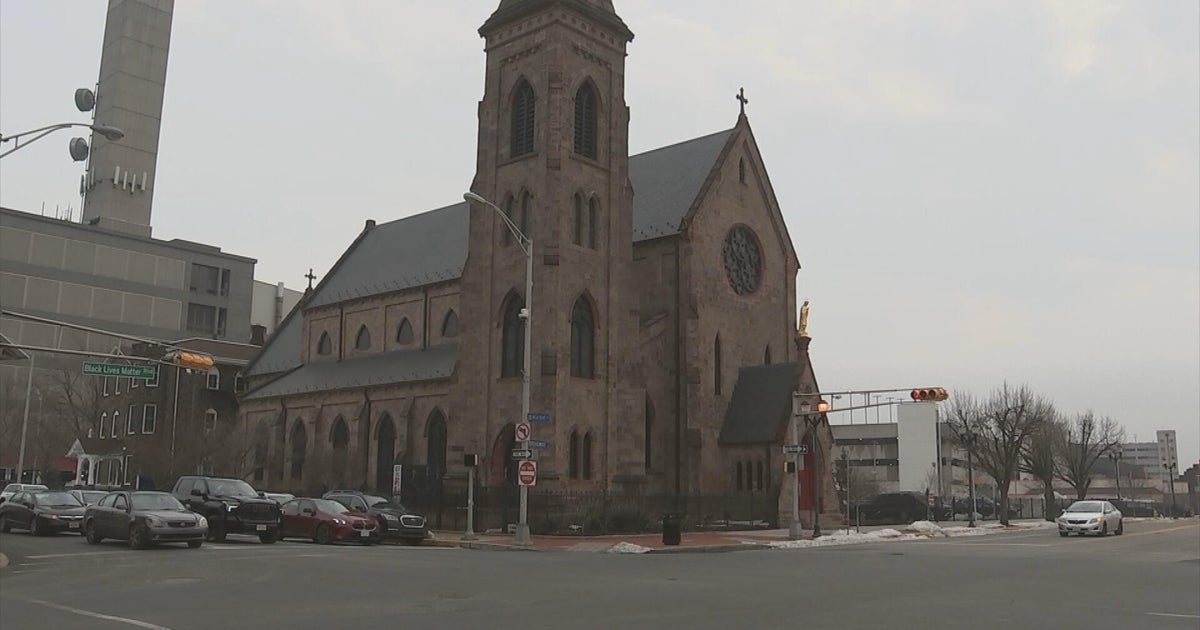From Memphis' Scorpion to Baltimore's GTTF, specialized police units ripe for abuse with lax oversight
BALTIMORE -- As family members, friends, and national leaders gathered in Memphis to remember Tyre Nichols at his funeral Wednesday, his death at the hands of officers who were part of a specialized police unit raises the question of whether those units should be disbanded.
The specialized units have a long history of abuses, including the notorious Gun Trace Task Force in Baltimore.
Baltimore taxpayers have shelled out more than $15 million in settlements to cover the wrongdoings of the GTTF alone.
Prior to his arrest in 2017, it seemed Wayne Jenkins could do no wrong.
The now-disgraced former Baltimore Police Department sergeant once headed the GTTF and is currently serving 25 years in prison for robbing citizens, stealing and selling drugs, falsifying reports and overtime—and trying to cover it all up.
His GTTF was able to get away with multiple crimes because supervision was lax and he was getting guns off the streets, which made his bosses happy.
The same recipe led to a crisis in Memphis: The SCORPION unit, founded just two years ago, was shut down after the brutal beating death of Tyre Nichols.
CBS News reports the unit's members received just five days of training, mostly by PowerPoint presentations.
"Often leaders say, 'We've got to do something. We've got to do it quick. How about some specialized unit?' And they forget what's happened in the past," University of Baltimore criminologist Jeffrey Ian Ross, Ph.D said. "I hope the death of a Tyre Nichols is a wake-up call."
The Baltimore Police Department remain under federal monitoring for civil rights violations.
At a consent decree hearing last week, the commissioner touted reforms that have driven down citizen complaints and use of force incidents.
"Our supervisors and managers are taking appropriate action when we find something that either warrants training or discipline," Commissioner Michael Harrison said.
On Wednesday night at city hall, Mayor Brandon Scott formally swore in members of Baltimore's new Police Accountability Board, which already has hundreds of cases to investigate.
Some people remain sceptical, including the mother of Donnell Rochester, whose son was shot and killed by Baltimore police last year.
She found it too difficult to watch the video of what happened to Tyre Nichols—who had called out to his mother while he was being attacked.
"I just see this man hollering 'Mom!' After that, I couldn't watch any more. It's so sickening because this man didn't do anything wrong," Danielle Brown, Rochester's mother said. "I would be scared, too, if you were running up on me with no uniform on and regular clothes. I would be scared for my life, too. That just shows that police brutality is going to continue to happen. So, when is it going to stop?"
Some police departments including in nearby Washington, D.C. have continued to defend the use of specialized units.
"To paint them with a broad brush, to say that all specialized units should be disbanded as a result of something that happened in Memphis, I think that's a reach," Chief Robert Contee said. "When you have specialized units, they have to be properly supervised and managed."
Ross believes if units are allowed to continue, they must be under intense weekly supervision so history does not repeat itself.
"There comes a point when the excesses and complaints outweigh the benefits these kinds of units might have," Ross said. "It's repeating the same mistake over and over and over again and failing to learn from past experiences."
